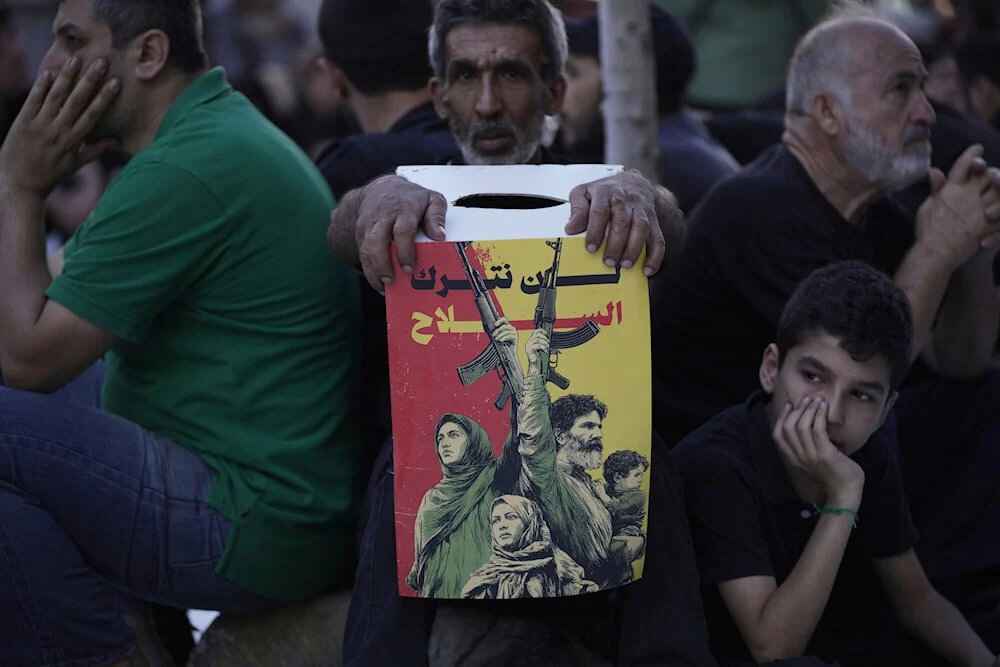Popular protests in Lebanon against submitting to American-Israeli dictates

BEIRUT — There has been a wave of protests in various regions of Lebanon against a decision by the Nawaf Salam government to impose an “arms ban” on the Hezbollah resistance movement.
The decision came despite the continued Israeli strikes on Lebanon and occupation of certain points in the country’s south. The decision shows the Salam government is carrying out American-Israeli orders in full compliance.
The angry and frustrated protesters chanted slogans against the government, the United States, and Israel, and against the government’s decision. The protestors considered the approval a violation of the national defence doctrine.
Hezbollah confirmed that the ratification is “a major sin of depriving Lebanon of its weapon of resistance against the Israeli enemy and that it will interact with it as if it does not exist.”
For its part, the Amal Movement demanded a retraction and “correcting the course of events.”
Tensions rose in the country, especially after the Shiite ministers withdrew from the second cabinet session, not just because prime minister refused to hold discussion and a vote on the issue, but because his performance was no longer acceptable. He acted as if he were the US administration’s envoy to Lebanon.
Salam insisted on involving the army in a confrontation with Hezbollah after he was tasked with “developing an implementation plan to be presented to the cabinet before the 31st of this month for discussion and approval.”
Salam ignored the views of a key component of the country’s political elite. He even did not take into account any observations by his ministers, overlooking Hezbollah and the Amal Movement’s demands that the government correct its course and return to Lebanese solidarity.
It is worth noting that the Shiite alliance, Hezbollah and the Amal Movement, participated in the session at the insistence of Parliament Speaker Nabih Berri, who considered “the current situation as very sensitive that must be dealt with positively” and that “full time must be given for discussion and negotiation.”
Nevertheless, Salam and the enemies of the resistance acted with the language of a victor and tried to pass the order of the US envoy, Thomas Barrack, as quickly as possible.
After the government approved what it called "the objectives of the American paper,” the US envoy wrote on X: “Congratulations to the President of the Lebanese Republic, Joseph Aoun, Prime Minister Nawaf Salam, and the Council of Ministers for making this historic, bold, and correct decision.”
Meanwhile, Israeli media reported that Tel Aviv sent a letter to the Syrian government requesting the deployment of the General Security Service in southern Syria, instead of the army, whose deployment in the region it opposes.
Israel’s Kan news outlet reported that Israel continues to object the deployment of the Syrian army in the south, saying Israel demanded the presence of forces from the Syrian Interior Ministry, who are members of the Druze community.
Furthermore, a report published by the Israeli Alma Center for Research and Policy Studies confirmed that Israel’s security needs in northern occupied Palestine do not permit withdrawal from southern Lebanon and Syria, emphasizing that the continued presence of Israeli military positions in Syria is “a necessary and long-term security position.”
The report noted that the continued presence of Israeli military positions in southern Syria is not a temporary negotiating card, but rather a long-term security position dictated by complex field and political realities.
Leave a Comment